The Apadana Telegraph Editors
In 2016, it was reported that Princeton University received $70,000 from Ploughshares to support former Islamic Republic regime diplomat Seyed Hossein Mousavian’s “analysis, publications and policymaker engagement on the range of elements involved with the negotiated settlement of Iran’s nuclear program.” Ploughshares also funds the Quincy Institute and the National Iranian American Council (NIAC), as well as individuals like Ali Vaez, Barbara Slavin, Ellie Geranmayeh, and Negar Mortazavi.
His position at Princeton was part of what former Obama Deputy National Security Advisor Ben Rhodes called the “echo chamber.” During the same period, Mousavian was hosted at the White House at least three times and met with Rob Malley, who was Obama’s adviser on Middle East.
Mousavian was positioned at Princeton merely to boost his exposure as an apologist for Ali Khamenei and the Islamic Republic regime by providing him with an “academic,” Ivy League cloak. In that role, largely as a propagandist, he was instrumental in legitimizing the Islamic regime’s nuclear program and advancing the Iran Nuclear Deal.
Jay Solomon writes, “the Princeton scholar was a prolific producer of opinion pieces and commentary during this period who liaised, at times, with Iranian diplomats, including Mostafa Zahrani and then-Foreign Minister [Mohammad] Javad Zarif, to promote their messaging and engagements in the West …”
Indeed, Mousavian was omnipresent as an “Iran expert” on U.S. news networks, think tank forums, and foreign policy conferences.
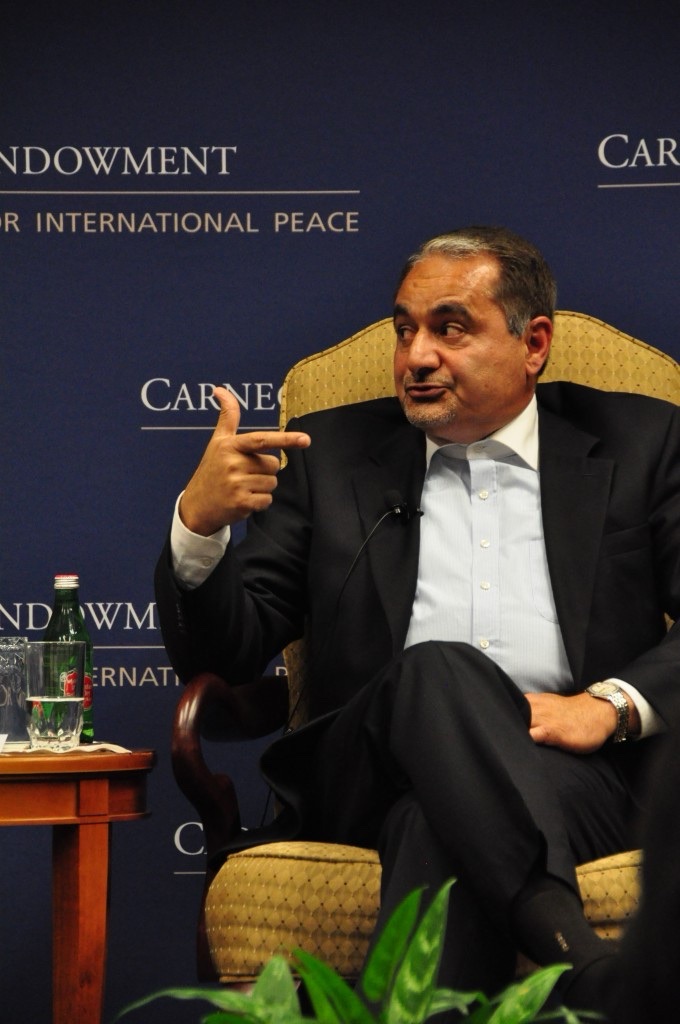
Carnegie’s Middle East Program, April 6, 2017
In a 2021 interview with the Islamic Republic of Iran Broadcasting, Zarif praised Mousavian and said, “if we want to make a fair judgment, [Mousavian] defends the positions of the Islamic Republic with great effort and quite handsomely.”
Although he was briefly detained on espionage charges during the government of Mahmoud Ahmadinejad and fled Iran subsequent to that, he has had multiple trips to Iran in the past few years. On each trip, he interviews with the regime’s media outlets.
In 2017, he told Tehran Times that U.S. government’s Iran policy is decided in Tel Aviv. In 2019, when asked by Hamshahri what he thought of U.S. sanctioning Zarif, he said U.S. sanctions on the Supreme Leader (Ali Khamenei) were much more important than sanctions on Zarif.
In 2020, he travelled to Iran to attend the funeral of the Islamic Revolutionary Guard Corps (IRGC) terrorist warlord, Qassem Soleimani. In a 2022 interview as a part of a documentary marking Soleimani’s second death anniversary, Mousavian talked about how IRGC’s threat to avenge Soleimani killing frightened the wife of Brian Hook, Washington’s special envoy for Iran at the time. “An American told me that Brian Hook’s wife can’t sleep, she cries and trembles. She told Brian, ‘They’ll kill you,’ since Hook was a partner in the death of Haj Qassem [Soleimani], that’s how much they were trembling,” Mousavian said.
Finally, in November 2023, The influential House Committee of Education and the Workforce launched an investigation into Mousavian’s role at Princeton University. Twelve Republican committee members sent a letter to Princeton President Christopher Eisgruber with detailed questions about the influence of the Islamic Republic regime via Mousavian’s activities at Princeton. This investigation was launched following widespread outrage over Mousavian’s presence as a speaker at the U.S. Strategic Command’s August 2023 symposium.
Mousavian has a dark history as the former Islamic Republic regime’s ambassador to Germany. During his ambassadorial tenure, 23 Iranian dissidents were killed in Europe, including outspoken monarchist showman and poet, Fereydoun Farrokhzad. Abolghasem Mesbahi, a former regime spy who was a key witness in Germany’s 1997 conviction of four Islamic Republic agents in the assassination of three Kurdish separatist leaders at Berlin’s Mykonos restaurant, said under oath, “Mousavian was involved in most of the crimes that took place in Europe; specifically in Germany.”
In 2019, 25 Iranian Americans wrote a letter to then Attorney General William Barr asking his office to investigate Mousavian for crimes against humanity. They contended that Mousavian’s presence on U.S. soil threatens the safety of Iranian dissidents. “Mousavian’s presence on US soil serves no purpose but to promote the ideology and interests of America’s staunchest enemy and sow fear and division within the Iranian-American community,” they said.
Although there was no official reaction by the Justice Department to this request, Mousavian’s substantial exposure in U.S. political circles and media dropped almost overnight following the letter.
Xiyue Wang, an American and a former Princeton PhD student who was held hostage for 3 years by the Islamic Republic regime, recently wrote, “The Obama admin gave Mousavian a greencard within weeks, made him a frequent guest to the White House and got him a prestigious base Princeton to promote [Islamic Republic] regime’s interest. Princeton cherished him so much and even gave his son full scholarship to attend Princeton as an undergrad.”
Mousavian presence at Princeton University, a prominent institution of higher education, is daunting. However, his dismissal from the university is hardly sufficient. A Washington think tank that advocates rapprochement with the Islamic Republic regime (of which there are a dime a dozen) is likely to hire him without delay after his dismissal. He will need to be expelled from the U.S., given his role in dissident assassinations in Europe. Undeniably, Mousavian’s presence in the U.S. is menacing to Iranian Americans who overwhelmingly despise the Islamic Republic regime.
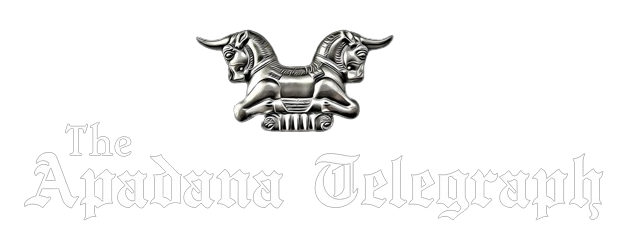
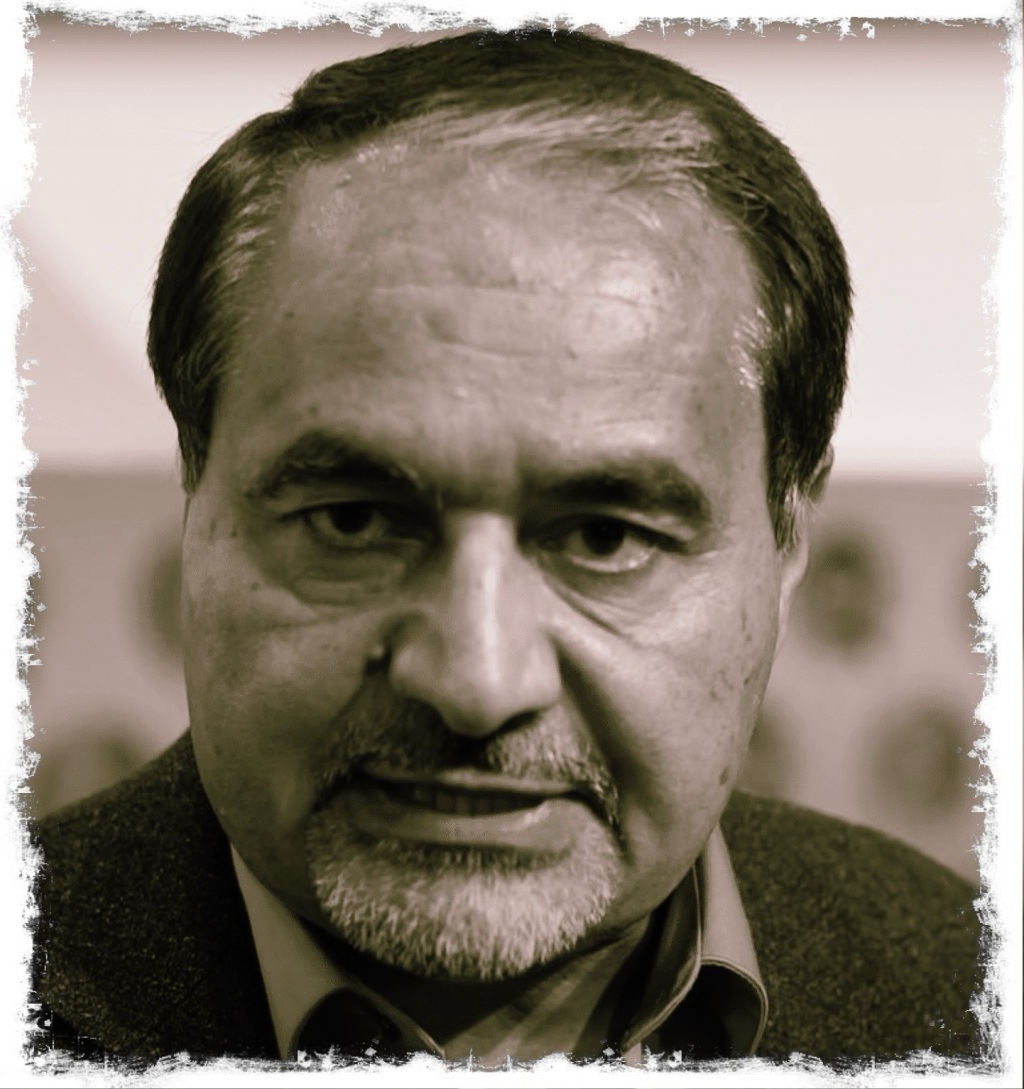
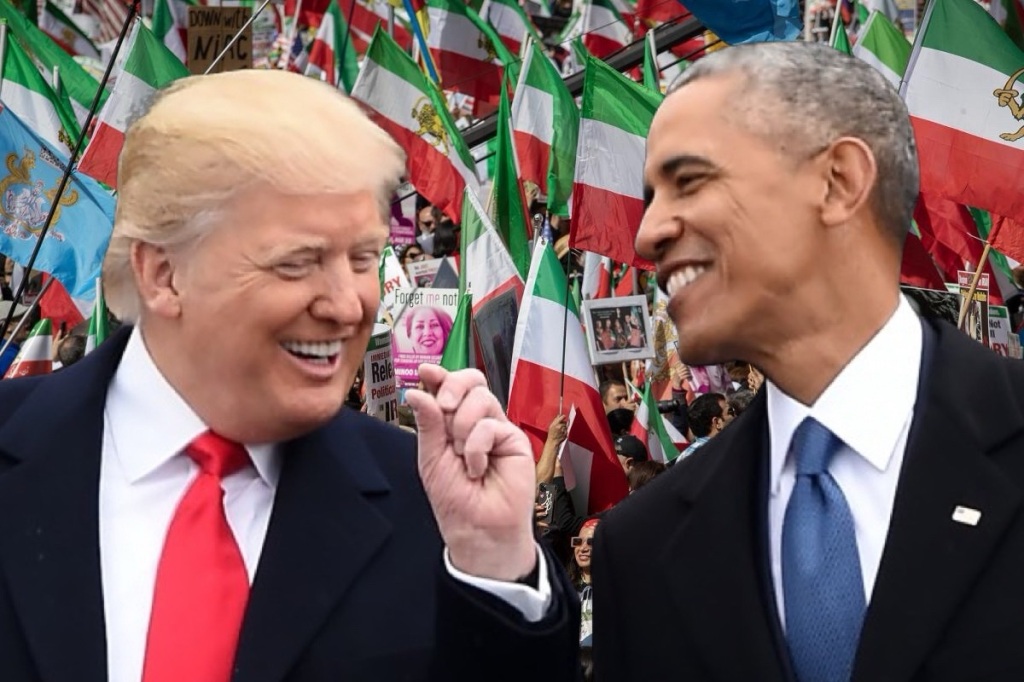
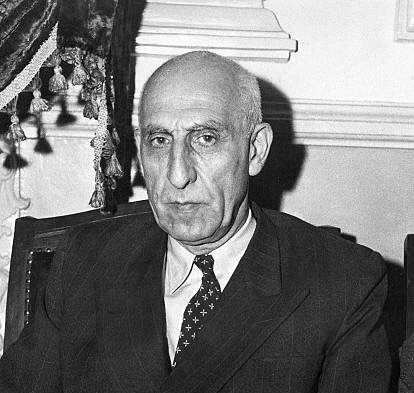
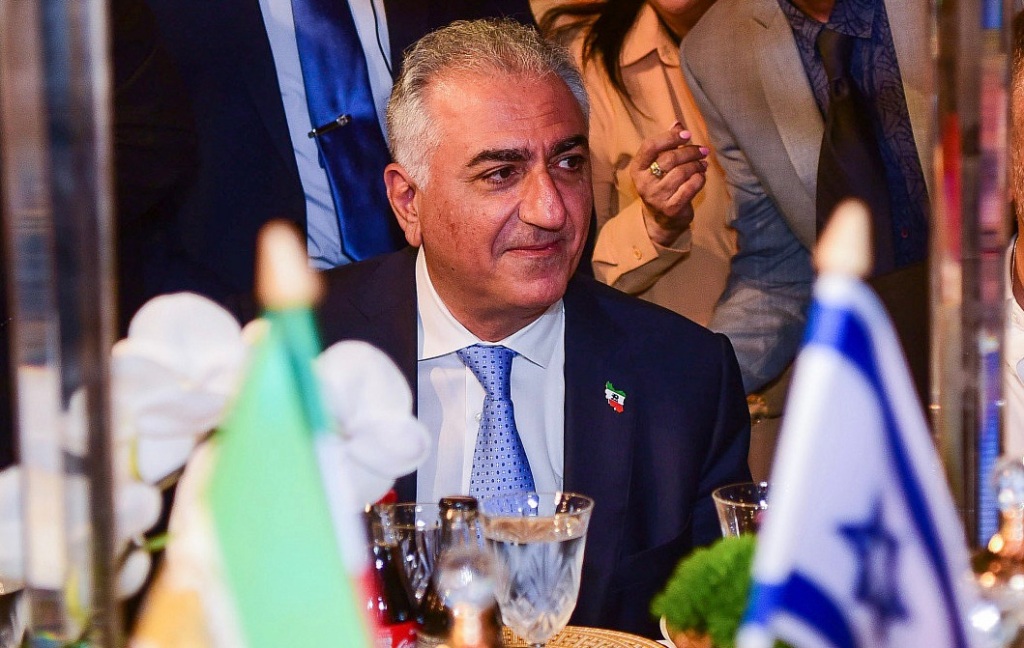
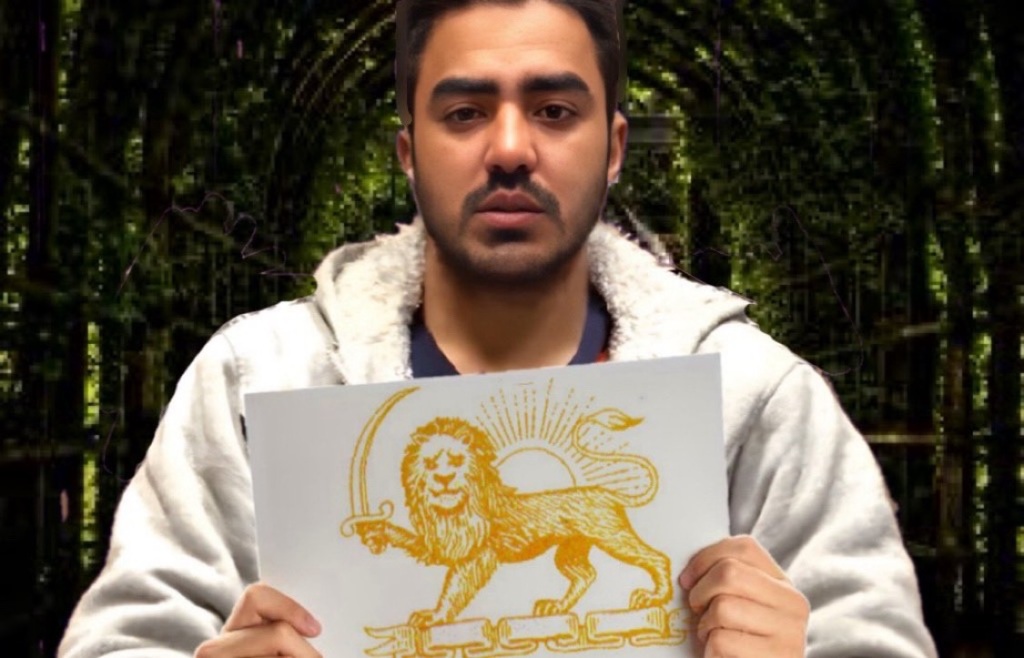
Leave a comment